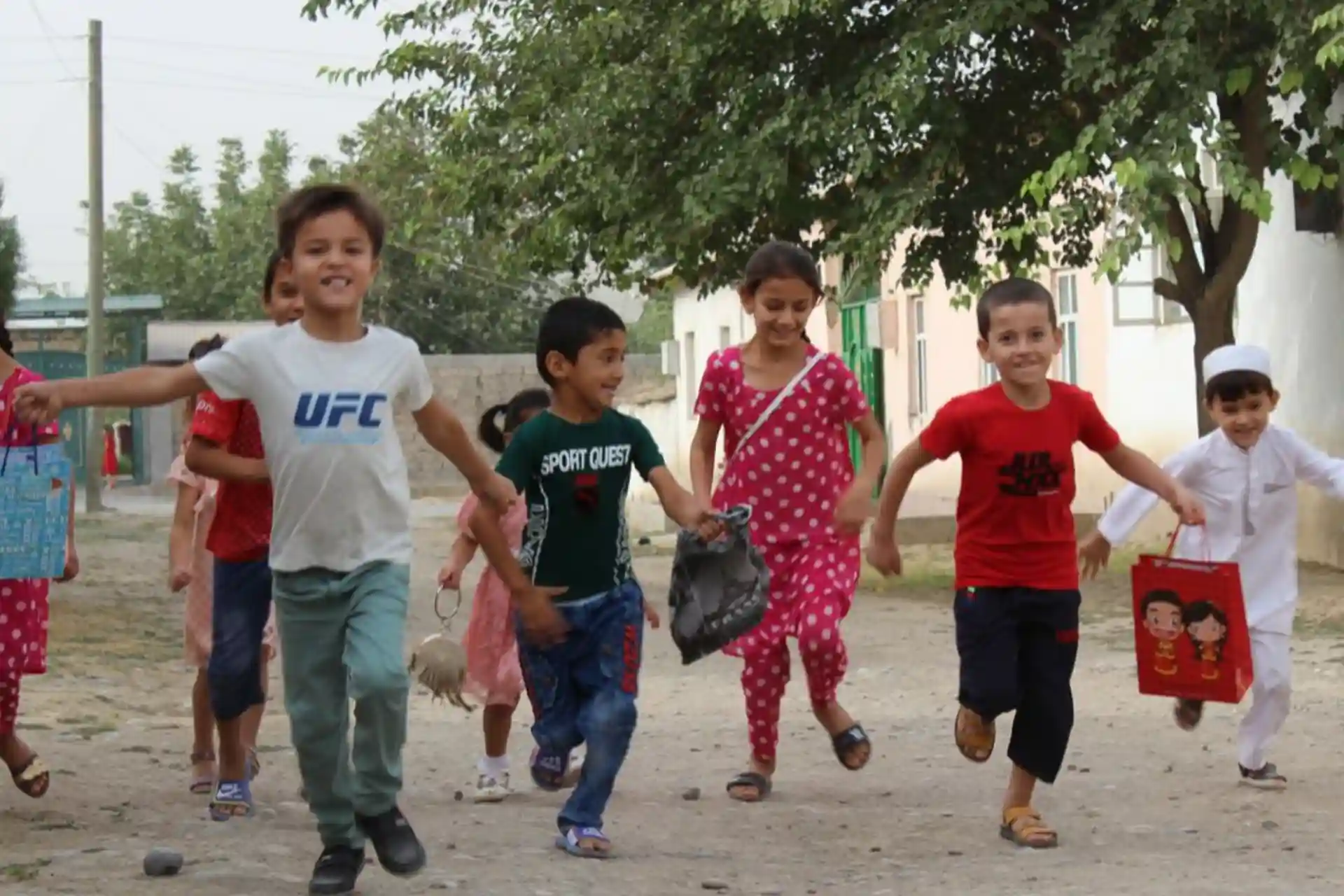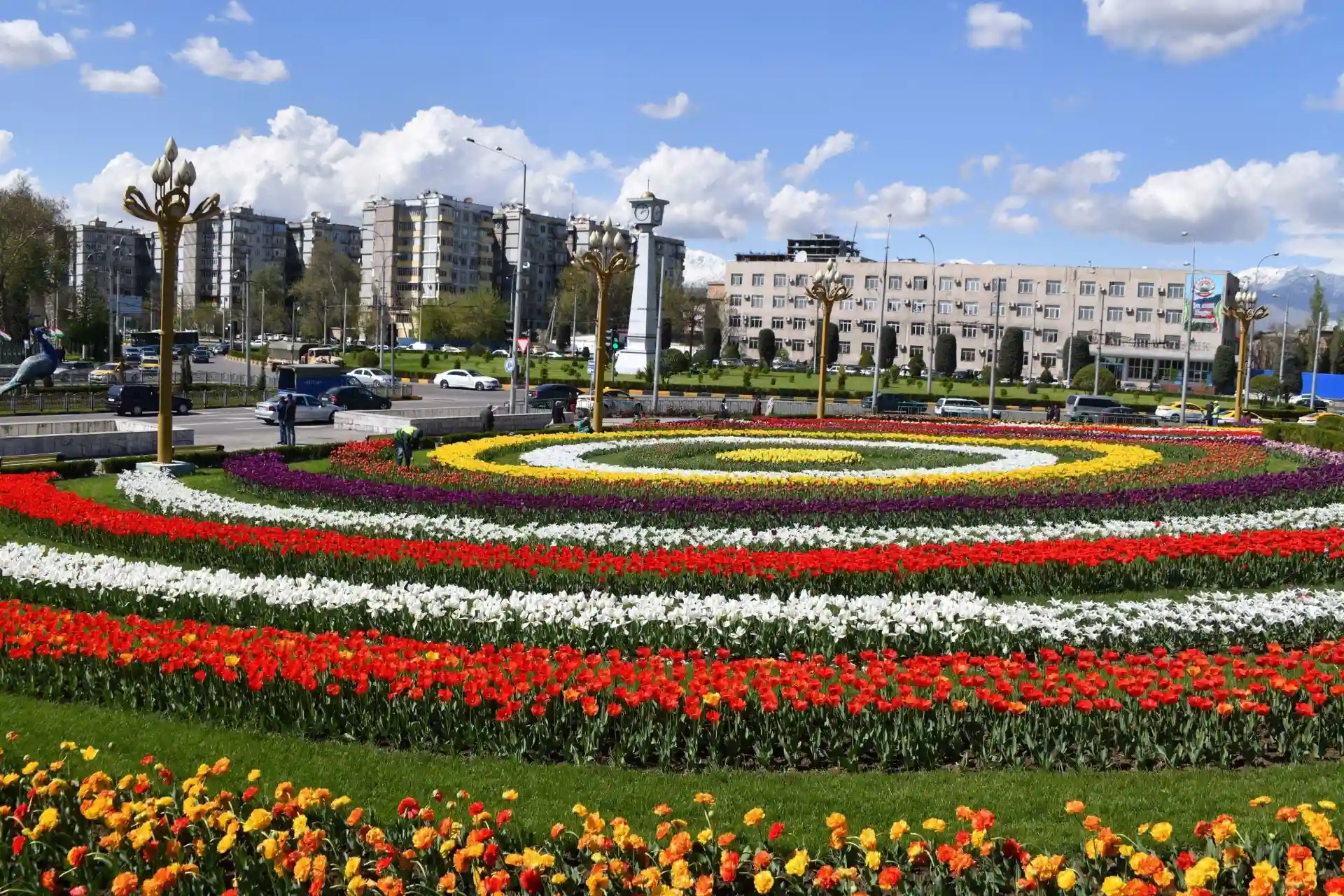In Tajikistan, it is forbidden to wear hijab and children to celebrate Eid holidays
The upper house of the Tajik parliament has approved amendments to the legislation banning the hijab and the celebration of the traditional children's festival "Idgardak" during the two Islamic holidays - Ramadan and Eid al-Adha.
The upper house of the Tajik parliament on Wednesday approved amendments to the Law "On Traditions and Rituals" banning the holding of traditional children's "Idgardak" parades during the two Islamic holidays - Ramadan and Eid al-Adha.
It is noted that a few years ago, the Council of Ulama of Tajikistan issued a fatwa against the local tradition of "Idgardak", that is, when children go from house to house and buy sweets after the end of fasting and Hajj, against religious norms.
Along with legislation on children celebrating Islamic holidays, a ban on wearing "foreign clothing" was also approved, prohibiting the "importation, sale and public wearing of clothing foreign to the national culture."
"All the laws were adopted in the prescribed manner," Majlis National Spokesperson Navroz Qurbanzoda told Azodi Radio on Wednesday.
As reported by ASIA-Plus, the law does not clearly regulate which types of clothes are considered "foreign to the national culture" and which are forbidden to sell and wear, but in March of this year, the country's president, Emomali Rahmon, during a meeting with Tajik religious figures, included the hijab and satr in the list of foreign clothes.
"Imitation of foreign culture in clothes, that is, wearing someone's so-called satr and hijab, is another urgent problem for our society," said the president of Tajikistan. "Alienation of dress code and customs is cultural alienation that undermines cultural independence and national-cultural identity of the nation."



